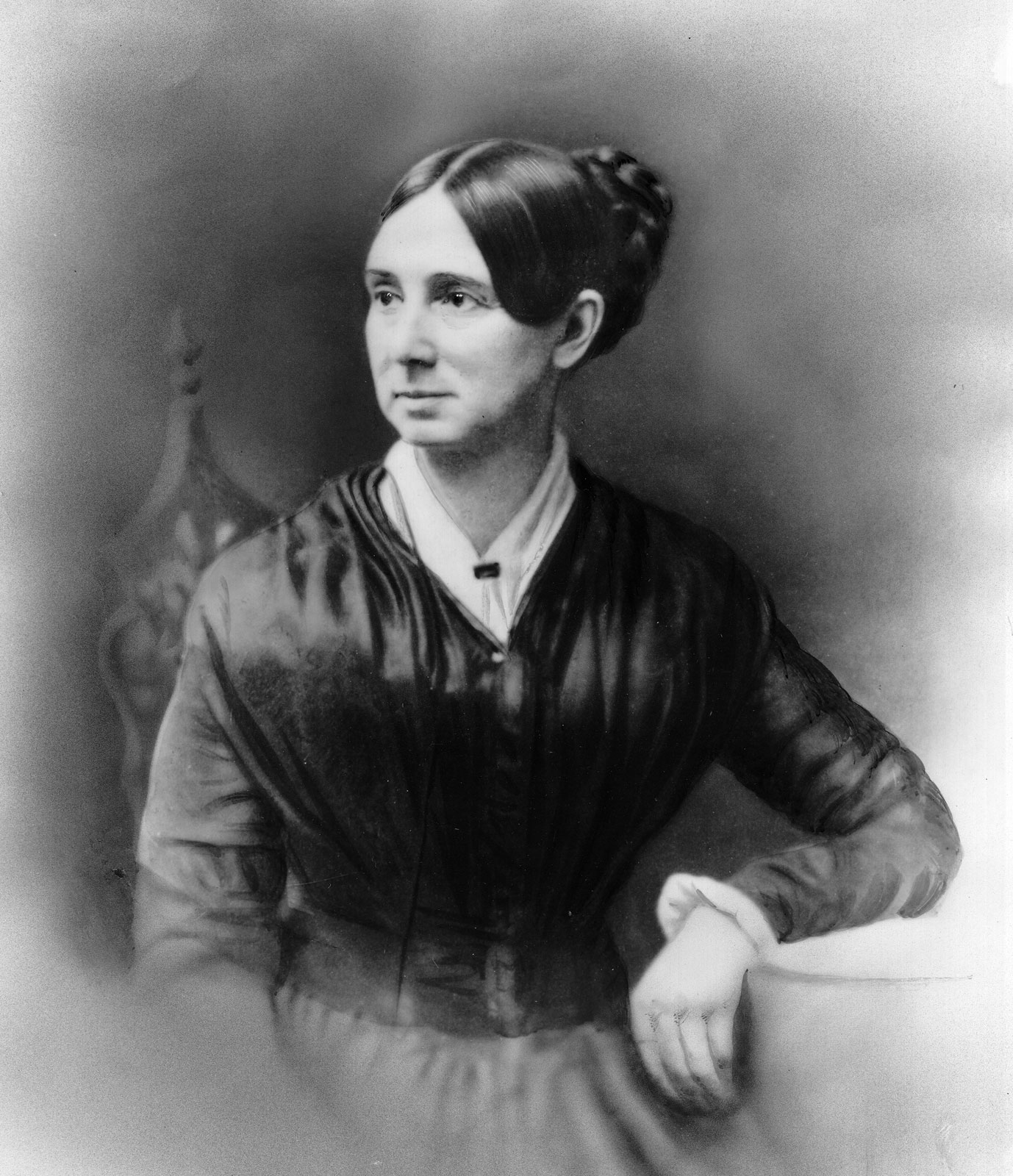Short biography of Dorothea Dix

Dorothea Dix (1802-1887) was a social reformer, educator, and nurse who fought for the rights of the mentally ill. She was selfless in that she devoted herself to the wellbeing of the ailing and was responsible for widespread international reforms in mental health.
Dorothea Dix was born on April 4, 1802, in Hampden, Maine, USA. She was the eldest of three children. At the age of twelve, she went to live with her grandmother in Boston, Massachusetts, to escape her abusive father who was a religious fanatic. Dorothea was wise beyond her years and showed much promise; she was an ambitious and determined women. At the tender age of fourteen she initiated her first school as a competent teacher, enforcing necessary disciplinary measures on her pupils. In 1819 she returned to Boston and founded Dix Mansion, a school for girls, as well as a charity school which looked after poor and neglected students.
In 1841, Dorothea visited a prison in Cambridge, Massachusetts and was horrified at the deplorable conditions in which the so-called “insane” were forced to live in. She found that they were malnourished, dirty, and in some instances chained to walls or forced to sleep on stone floors. The lamentable conditions inspired Dorothea to act for the sake of improving the quality of life for these people. For the next two decades, she began travelling around the United States to investigate the conditions in prisons and lobbied actively for reforms. Her tireless efforts led to numerous studies, bills, and changes in government legislation. She was passionate and unyielding in her plight to help the underprivileged and disenfranchised, an act which eventually facilitated the establishment of psychiatric hospitals.
During the American Civil War Dorothea was appointed superintendent of the Union Army Nurses. Following the war she continued her travels around the southern United States to assist in the restoration of facilities which sought to improve medical care for prisoners, the disabled, and the mentally ill. Somewhat exhausted by her travels, she contracted malaria in 1870 and was forced to abandon her ambitious transcontinental project. She subsequently moved into an apartment reserved for her by the New Jersey State Hospital from where she continued her philanthropic undertakings, albeit at an abridged rate.
Dorothea Dix died in Trenton, New Jersey, on July 17, 1887, having well understood that the highest purpose in life, indeed the most worthwhile, is to offer help and unconditional love to our fellow brethren.

